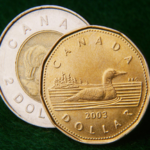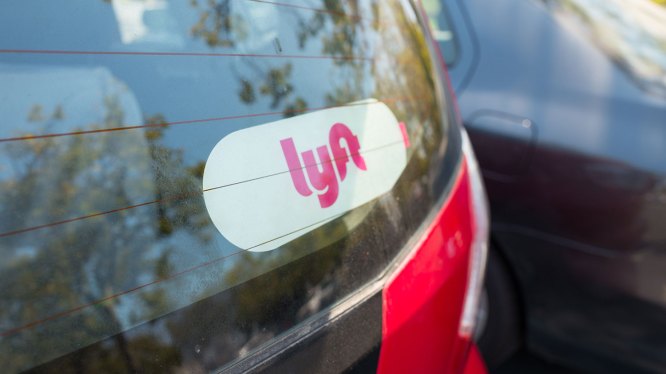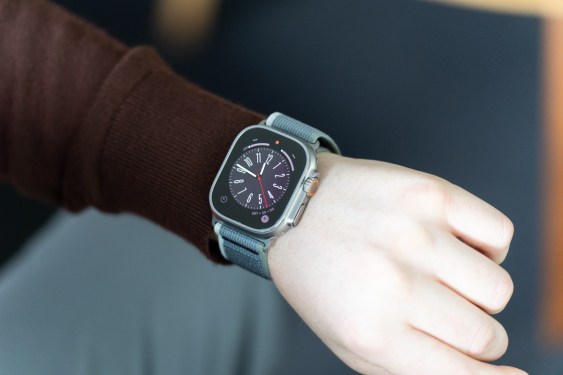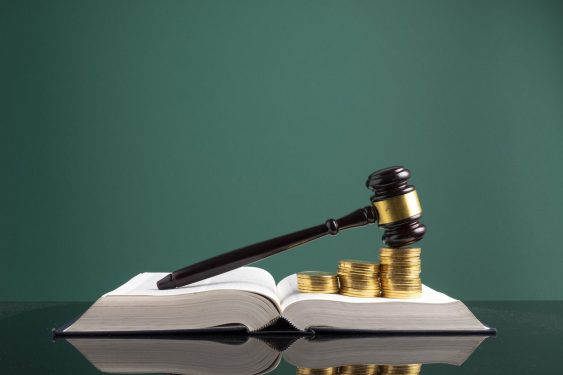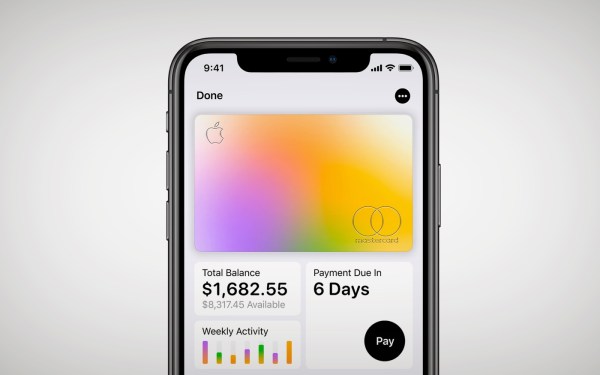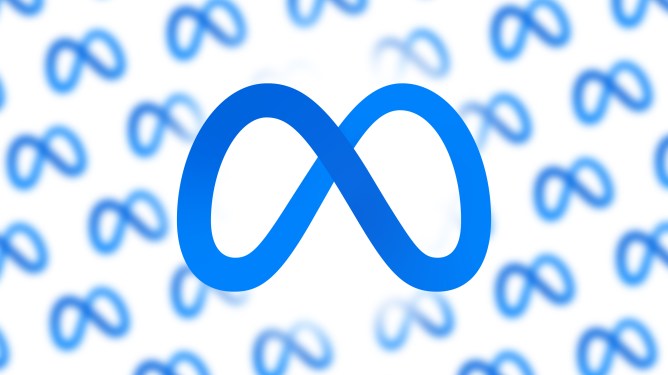New York City’s Congestion Pricing Scheme Takes Effect
Image Credits: Smith Collection/Gado / Getty Images
Anthony Ha
Lyft will credit NYC riders for congestion fee throughout January
New York City’s congestion pricing program is scheduled to take effect on Sunday, but for the first month, Lyft said it will be crediting riders who pay the fee. The congestion pricing scheme aims to reduce traffic in lower Manhattan while also raising funding for mass transit.
Background on Congestion Pricing
New York’s program was paused by Governor Kathy Hochul in June and eventually reinstated at a reduced price. There are different prices for different vehicles at different times, which can be confusing for commuters. During daytime hours, it will cost $9 to drive a regular car in Manhattan below 60th Street. However, someone using a ride-hailing service like Uber or Lyft will pay $1.50 per ride.
Lyft’s Congestion Fee Credit
For the month of January, Lyft passengers will be charged like everyone else, but they’ll get the money back in credits that can be spent on Lyft or Citi Bike for the following week. This credit is a small gesture to help people adjust to another new expense.
Additional Fees to Consider
Lyft also noted that the new fee comes on top of an existing $2.75 congestion fee for rides that begin, end, or pass through Manhattan below 96th Street. So, while the credit may seem like a small gesture, it’s still important to consider these additional fees when planning your commute.
Why is Congestion Pricing Necessary?
Congestion pricing aims to reduce traffic in lower Manhattan by charging drivers a fee for entering the area during peak hours. The revenue generated from this program will be used to fund mass transit projects and improve transportation infrastructure in New York City.
Challenges Facing Congestion Pricing
While congestion pricing is intended to reduce traffic, some argue that it may have unintended consequences. For example, drivers may choose to drive around the city instead of paying the fee, which could lead to increased air pollution and more traffic on surrounding streets.
Benefits of Congestion Pricing
Despite these challenges, there are several benefits to congestion pricing. By charging drivers a fee for entering lower Manhattan during peak hours, the program aims to reduce traffic and decrease congestion. Additionally, the revenue generated from this program will be used to fund mass transit projects and improve transportation infrastructure in New York City.
What’s Next?
As the congestion pricing scheme takes effect, it’s essential to understand how it works and what fees you’ll need to pay. Lyft’s credit for riders who pay the fee throughout January is a small gesture to help people adjust to this new expense. However, it’s still crucial to consider these additional fees when planning your commute.





